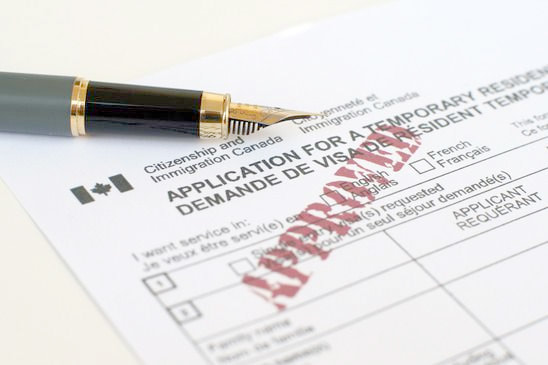In 2017 Immigration, Refugees and Citizenship Canada (“IRCC”) introduced a new “lottery” system to select applicants to fill its quota of 10,000 applications. In 2017 more than 95,000 people registered with IRCC. This year, the system will work in a similar manner and starting on Tuesday 2 January 2018, if you want to sponsor your parents or grandparents you can register your interest by submitting the “Interest to Sponsor” form online.
The 2018 registration process will have one important difference: the registration process will ask more questions to ensure you actually meet the key eligibility requirements before completing the registration process. So what are the eligibility requirements? In order to be eligible to sponsor your parent or grandparent you must meet the following minimum requirements:
- 18 years of age or older;
- a Canadian citizen, Registered Indian or permanent resident;
- sponsor your parent or grandparent;
- live in Canada;
- sign an undertaking promising to provide for the basic requirements of the person you are sponsoring for a period of 20 years;
- sign an agreement with the person you are sponsoring that confirms that each of you understands your mutual obligations and responsibilities; and
- prove that you have sufficient income to provide the basic requirements for your family members in Canada as well as the persons included in your sponsorship undertaking.
The key requirement is the minimum necessary income you must show to support your sponsorship application. In order to meet this income requirement, you can combine your income and that of a co-signer for the past three years. The co-signer can be your spouse or common-law partner. The co-signer must also be eligible to sponsor and co-sign the undertaking of support for the period of 20 years.
The amount of income you must have depends on the size of your family and the number of people you are sponsoring. For example, if you are a family of three sponsoring both your mother and father, you (along with a potential co-signer) need to show income of at least $64,791 in 2014, $65,377 in 2015 and $66,654 in 2016 (the income figures for 2017 have not been announced yet). This amount varies based on the number of people in your family and those being sponsored. Your income over the three year period is verified based on proof of income from the Canada Revenue Agency.
There are a number of factors that prevent you from being able to sponsor such as if you are in receipt of social assistance (for any reason other than disability) or you are in default of a previous sponsorship undertaking, an immigration loan or family support payments. If you meet the eligibility requirements and are able to register your interest, here are some important tips to help you to sponsor your loved ones:
- Review your tax filings and gather your Notice of Assessments for the last three years. If you have a co-signer, gather and review their documents as well. If your income (combined with your co-signer) is sufficient you can register online.
- Consider that your co-signer has to agree to be part of your application until the permanent residence visa is issued for your parents or grandparents. If you believe that there is any reason why you may lose the support of your co-signer you should carefully consider whether you meet the eligibility requirements by yourself.
- If you register yourself or use the services of an authorized representative (immigration lawyer or licenced immigration consultant) you should make sure to hold onto the registration code that is generated and check the email address you provide for the application process. There may be more than one selection round so you should keep your registration code safe to be able to check if there are subsequent rounds of selection.
- If you are chosen to submit a sponsorship application you have a short period of time (likely 90 days) to submit your complete application including all original signed forms and supporting documents. Therefore you should be ready and able to compile the required documents for yourself and your parents very quickly.
And even if you sign up by yourself, make sure you do not lose your winning lottery ticket. IRCC is known to return applications that are missing a single signature or document. In order to be successful you have to submit a perfect sponsorship application either by yourself or with the assistance of an experienced lawyer. Good luck!



 RSS Feed
RSS Feed